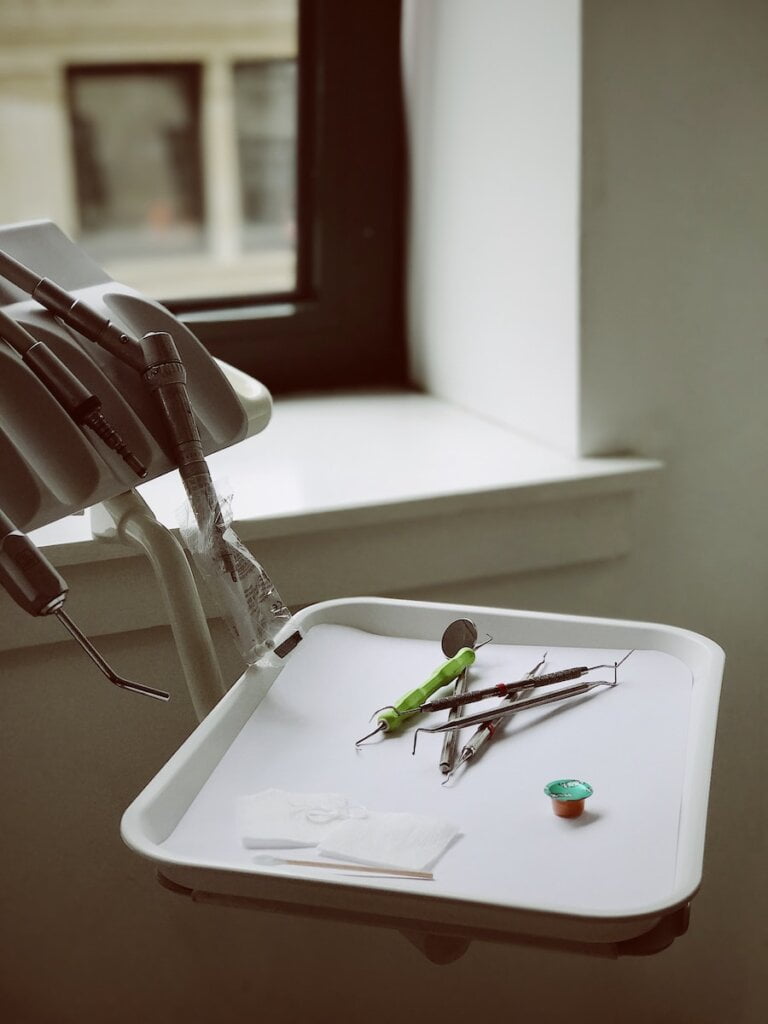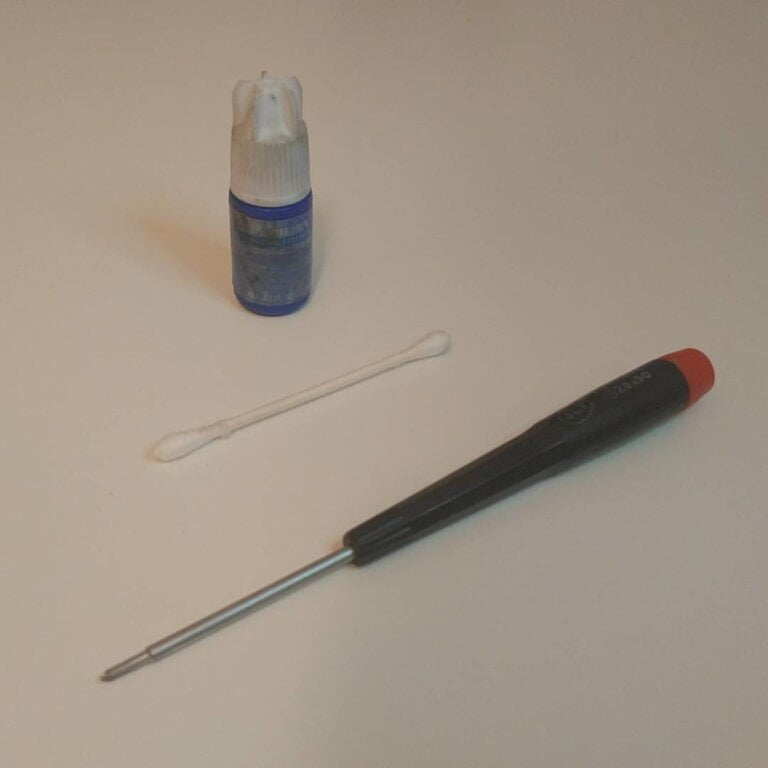Listen to Your Body: Recognizing the Telltale Signs of Common Ear Problems
Our ears play a crucial role in our everyday lives, allowing us to communicate, enjoy music, and experience the world around us. However, like any other part of our body, they can sometimes encounter problems that affect our hearing and overall well-being. It is essential to listen to our bodies and recognize the telltale signs of common ear problems so that we can seek appropriate treatment and maintain optimal ear health. In this article, we will explore various ear problems, their symptoms, and potential remedies.
Common Ear Problems and their Symptoms
1. Ear Infections
Ear infections are one of the most prevalent ear problems, particularly among children. They can be categorized into three types: inner, middle, and outer ear infections.
Common symptoms of an ear infection may include:
- Ear pain or discomfort: Ear infections often cause pain or discomfort in the affected ear. The pain may range from mild to severe.
- Fluid drainage from the ear: In some cases, an ear infection can lead to the buildup of fluid in the middle ear, which may result in discharge from the ear. The discharge can be clear, yellow, or bloody.
- Diminished hearing: Due to the inflammation and fluid buildup, an ear infection can cause temporary hearing loss or muffled hearing.
- Fever and irritability (in children): Ear infections in children are often accompanied by fever and irritability. The child may also tug at their ear or have difficulty sleeping.
- Loss of balance or dizziness: Inner ear infections can affect the balance organs, leading to dizziness or a sensation of being off-balance.
- Headache: Some individuals may experience headaches as a result of an ear infection.
If you or your child experience any of these symptoms, it is crucial to consult a healthcare professional for a proper diagnosis and treatment. The healthcare professional may recommend antibiotics to treat the infection and alleviate the symptoms. Pain relievers or ear drops may also be prescribed to ease the discomfort.
2. Tinnitus
Tinnitus refers to the perception of noise or ringing in the ears, even in the absence of any external sound. It can vary in intensity and may be temporary or chronic.
Some common causes of tinnitus include:
- Exposure to loud noises: Prolonged exposure to loud noises, such as concerts or machinery, can damage the delicate structures of the inner ear, leading to tinnitus.
- Age-related hearing loss: As we age, the sensory cells in our inner ear may deteriorate, resulting in hearing loss and tinnitus.
- Earwax blockage: When earwax accumulates in the ear canal, it can cause tinnitus symptoms. Removing the blockage usually resolves the issue.
- Certain medications: Some medications, including high doses of aspirin, certain antibiotics, and diuretics, can cause tinnitus as a side effect.
Symptoms of tinnitus may include:
- Ringing, buzzing, or hissing sound in the ears: Individuals with tinnitus often describe the sound they hear as a ringing, buzzing, or hissing noise in one or both ears.
- Difficulty concentrating or sleeping: The constant presence of tinnitus sounds can make it challenging to concentrate, relax, or fall asleep.
- Increased stress or anxiety: Tinnitus can have a significant impact on an individual’s emotional well-being, leading to increased stress, anxiety, or depression.
While there is no known cure for tinnitus, various management techniques can help alleviate its symptoms. These may include:
- Sound therapy: Sound therapy involves using external sounds, such as white noise or soothing music, to mask or distract from the tinnitus sounds. This can provide temporary relief and help individuals habituate to the condition.
- Cognitive behavioral therapy: Cognitive behavioral therapy (CBT) aims to change negative thought patterns and behaviors associated with tinnitus. It can help individuals develop coping strategies and reduce the emotional distress caused by tinnitus.
- Stress reduction techniques: Stress can exacerbate tinnitus symptoms. Engaging in stress-reducing activities, such as exercise, meditation, or relaxation techniques, can help manage tinnitus.
- Avoiding loud noises: Protecting the ears from loud noises can prevent further damage and minimize tinnitus symptoms. Using earplugs or earmuffs in noisy environments and reducing exposure to loud music through headphones or earbuds is recommended.
3. Earwax Impaction
Earwax, also known as cerumen, is a natural substance produced by the ear to protect the ear canal and prevent infections. However, sometimes the wax can build up and become impacted, leading to discomfort and temporary hearing loss.
Common symptoms of earwax impaction may include:
- Earache or pain: Impacted earwax can cause pain or discomfort in the affected ear. The pain may be sharp or dull and can radiate to the jaw or neck.
- Feeling of fullness or blockage in the ear: Individuals with earwax impaction often report a sensation of fullness or blockage in the ear. This can affect hearing and cause a muffled sound.
- Tinnitus: Earwax impaction can trigger tinnitus symptoms, such as ringing or buzzing in the ear.
- Temporary hearing loss: The buildup of earwax can partially or completely block the ear canal, leading to temporary hearing loss.
- Itching or drainage from the ear: In some cases, impacted earwax can cause itching or discharge from the ear.
It is essential to avoid using cotton swabs or any other objects to remove earwax, as they can push it further into the ear and potentially cause damage. Instead, consult a healthcare professional who can safely remove the impacted wax using specialized tools or provide appropriate guidance for at-home removal.
Remedies and Prevention
1. Proper Ear Hygiene
Maintaining good ear hygiene can help prevent many common ear problems. It is important to:
- Clean the outer ear with a soft cloth regularly: Gently wipe the outer ear with a soft cloth to remove dirt and excess earwax. Avoid inserting the cloth or any other objects into the ear canal.
- Avoid inserting any objects into the ear canal: Inserting cotton swabs, hairpins, or other objects into the ear canal can push the earwax deeper and potentially damage the ear. Let the ear naturally remove excess wax.
- Dry the ears thoroughly after swimming or showering to prevent moisture buildup: Excess moisture in the ear canal can create a favorable environment for bacteria or fungal growth, leading to infections. Use a towel or a hairdryer on the lowest setting to dry the ears gently.
2. Protecting Your Ears
Protecting your ears from excessive noise is crucial in preventing hearing loss and tinnitus. Consider the following measures:
- Use earplugs or earmuffs in loud environments: When exposed to loud noises, such as concerts, fireworks, or construction sites, wear earplugs or earmuffs to reduce the intensity of the sound reaching your ears.
- Limit exposure to loud music through headphones or earbuds: Listening to music at high volumes through headphones or earbuds can damage your hearing. Keep the volume at a moderate level and take breaks to give your ears rest.
3. Timely Medical Attention
If you experience any persistent ear pain, hearing loss, or other concerning symptoms, do not hesitate to seek medical attention. Early diagnosis and treatment can help prevent complications and improve outcomes. A healthcare professional, such as an otolaryngologist (ear, nose, and throat specialist), can evaluate your symptoms and provide appropriate treatment or referral to a specialist if needed.
4. Regular Hearing Check-ups
Regular hearing check-ups with an audiologist can help identify any potential problems early on. These professionals can evaluate your hearing and provide appropriate guidance or interventions if necessary. They can also assist in the fitting and maintenance of hearing aids if hearing loss is detected.
Conclusion
Listening to our bodies and recognizing the telltale signs of common ear problems is vital for maintaining optimal ear health. Whether it’s an ear infection, tinnitus, or earwax impaction, being aware of the symptoms allows us to seek appropriate treatment and prevent further complications. By practicing proper ear hygiene, protecting our ears from excessive noise, and seeking timely medical attention, we can ensure our ears continue to serve us well in enjoying the sounds of life.
Frequently Asked Questions
1. What are the common symptoms of an ear infection?
- Ear pain or discomfort
- Fluid drainage from the ear
- Diminished hearing
- Fever and irritability (in children)
- Loss of balance or dizziness
- Headache
2. What are the common causes of tinnitus?
- Exposure to loud noises
- Age-related hearing loss
- Earwax blockage
- Certain medications
3. What are the common symptoms of earwax impaction?
- Earache or pain
- Feeling of fullness or blockage in the ear
- Tinnitus
- Temporary hearing loss
- Itching or drainage from the ear
4. How can I prevent common ear problems?
- Maintain proper ear hygiene by cleaning the outer ear with a soft cloth regularly
- Avoid inserting any objects into the ear canal
- Dry the ears thoroughly after swimming or showering to prevent moisture buildup
- Protect your ears by using earplugs or earmuffs in loud environments
- Limit exposure to loud music through headphones or earbuds
- Seek timely medical attention for persistent symptoms
- Schedule regular hearing check-ups with an audiologist







